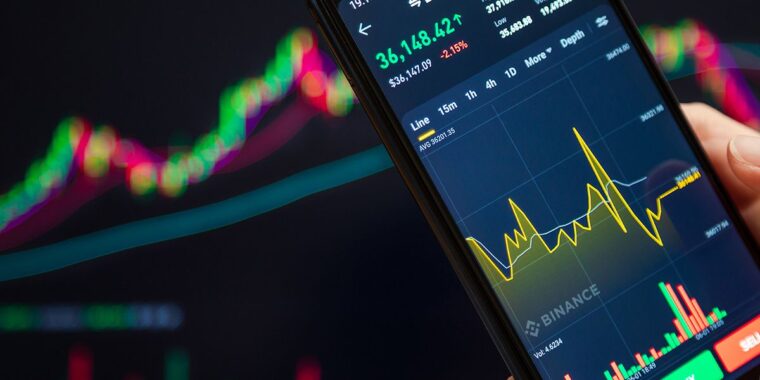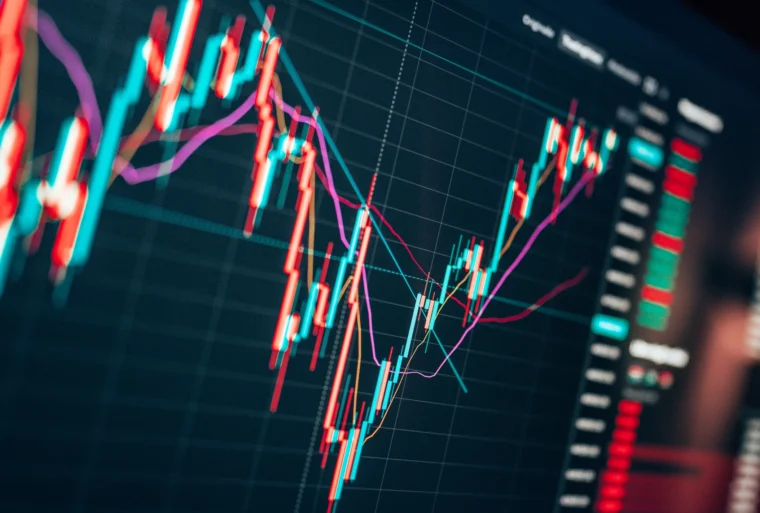Crypto exchanges are well positioned to enable consumers and organisations to effortlessly store digital money and convert it into traditional forms such as USD and euros. These services, however, necessitate specialised permits from certain regulatory organisations, which differ from regular banking operations.
Hence, if you plan to launch an exchange, you must learn how to obtain a crypto license.
What?

Crypto finance is increasingly popular, allowing businesses to obtain specialised licenses for virtual asset transactions such as exchanging and transferring cryptocurrency. Nevertheless, not all governments have developed adequate licensing processes for these operations. Obtaining a cryptocurrency exchange license is the best way to begin operations in crypto-friendly nations such as the United Kingdom, Lithuania, Estonia, Canada, Poland, or Malta. Trading cryptocurrencies is complicated, requiring knowledge of two independent licenses that govern transactions. Crypto allows for exchanging one cryptocurrency for another and can be used in conjunction with traditional licenses to trade digital assets for fiat dollars and shares. It is simple to learn how to get a crypto license.
Why?
Licensing a trading platform is critical for protecting funds and ensuring exchanges comply with regulatory obligations. Unlicensed trades put unlawful enterprises at danger, causing global alarm. Governments are prosecuting violators and offenders. Anti-Money Laundering (AML) and Know Your Customer (KYC) regulations are critical as the crypto sector gains legitimacy. Because of their centralised structure, novice investors frequently prefer regulated exchanges.
How?

Because of their anonymity and decentralisation, digital currencies have grown in popularity. Governments are currently creating regulatory frameworks to promote this innovative economy. To receive a crypto license, you must open a corporate account with a banking institution, prepare the necessary paperwork, and pay the applicable charges and duties. Cryptocurrency exchange platforms are the trading platforms of the future, and investors must understand the methods and risks involved in acquiring a license.
Where?
Crypto-trading platforms are becoming a popular investment trend, but limited license availability and assessment countries might make it difficult for enterprises to establish themselves. Trading exchange entities should evaluate reputable licensing suppliers to make educated judgments. In the United Kingdom, candidates must go through a rigorous licensing process that includes corporate certification, opening a dedicated bank account for cryptocurrency transactions, and conforming to anti-money laundering legislation. Malta requires a €730,000 initial investment, with a license costing roughly 30,000 EUR. Estonia necessitates meticulous planning and the purchase of a license, as well as an incorporation certificate, KYC certificate, risk assessment documentation, and a fee of 3,300 Euros.
Conclusion

Acquiring a crypto exchange necessitates legal understanding, banking restrictions, and the payment of paperwork fees. Understanding and acquiring licenses from jurisdictions that offer them is critical for establishing a crypto-trading platform or similar enterprises in the developing cryptocurrency exchange sector.
